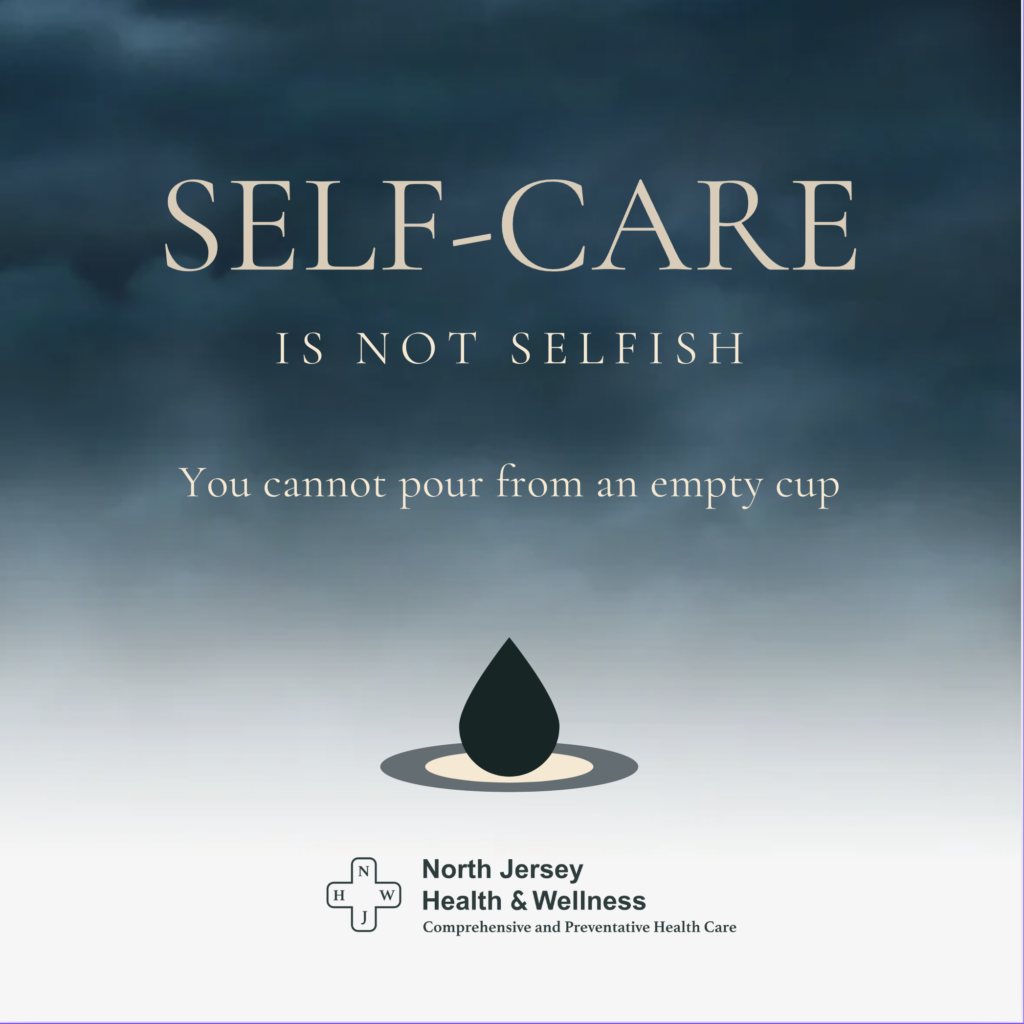November Self-Care: Staying Centered as Seasons Change
As the vibrant colors of fall give way to the chill of winter, November presents a unique opportunity for reflection and self-care. This transitional period is a powerful time to realign our wellness routines to support body, mind, and spirit. With colder weather and shorter days, we may find ourselves more vulnerable to seasonal fatigue, a dip in immunity, and, for some, the effects of seasonal affective disorder (SAD). Adapting our self-care routines to these seasonal shifts can help us feel grounded and energized, so let’s dive into ways to stay centered and resilient as the year’s end approaches.
1. Boosting Immunity for Winter Wellness
Colder months often bring an uptick in colds and flu, making it essential to keep our immune systems in top form. Here’s how to stay healthy and resilient:
- Prioritize Vitamin D: With reduced sunlight, our natural vitamin D levels can drop, impacting both immune health and mood. Consider a vitamin D supplement or incorporate foods like fatty fish, eggs, and fortified products.
- Eat Seasonal Foods: Winter squashes, root vegetables, and dark leafy greens are nutrient-rich options that support immunity. These foods are high in vitamins A, C, and E, which are essential for immune health.
- Stay Hydrated: Colder weather might decrease your thirst, but your body still needs ample hydration to function well. Herbal teas, bone broths, and warm lemon water can be comforting ways to keep hydrated.
- Get Enough Sleep: The changing season is a great time to reestablish a sleep routine. Quality sleep supports immune function and helps manage stress levels, so aim for 7-9 hours of restful sleep each night.
2. Managing Seasonal Affective Disorder (SAD)
For many, the darker days of fall and winter can bring on symptoms of SAD, a type of depression that typically arises as sunlight decreases. Here’s how to support mental well-being during this time:
- Light Therapy: A light therapy box mimics natural sunlight and can help regulate mood and energy levels. Using one for 20-30 minutes each morning can improve symptoms for those affected by SAD.
- Stay Active: Exercise is a natural mood booster. Aim for at least 30 minutes a day, whether through walking, yoga, or strength training. Outdoor exercise is ideal because it exposes you to natural light, even on cloudy days.
- Mindfulness and Meditation: Practicing mindfulness can help manage stress and keep you grounded. Apps like Headspace or Insight Timer offer guided meditations that can be particularly useful in combating the winter blues.
- Seek Social Connections: It can be easy to isolate when it’s cold outside, but staying connected with friends, family, or support groups can improve mood and provide emotional support.
3. Maintaining Energy Levels as Days Shorten
The shorter, darker days can make us feel sluggish. With a few small adjustments, we can maintain energy and stay motivated as winter approaches:
- Eat Energy-Boosting Foods: Look for complex carbs like whole grains, nuts, and seeds, as well as lean proteins to keep your blood sugar stable. Avoid excessive caffeine, which can lead to energy crashes.
- Stay on a Routine: Having a set routine can help keep your body in sync, even as daylight hours diminish. Wake up and go to bed at the same times daily, eat regular meals, and include activities you enjoy.
- Practice Gratitude: Starting or ending the day with a simple gratitude practice can improve mood and energy. Write down three things you’re grateful for, and notice how it shifts your mindset.
- Limit Screen Time in the Evening: Blue light from screens can disrupt our natural sleep patterns and drain energy. Consider a digital detox in the evening to allow your mind to unwind and relax.
4. Creating a Cozy Self-Care Space
With more time spent indoors, it’s a wonderful opportunity to create a nurturing space at home where you can recharge and find calm. Here are some tips to transform your environment:
- Incorporate Soothing Scents: Essential oils like lavender, eucalyptus, and cedarwood are known to promote relaxation and mental clarity. Try using a diffuser or adding a few drops to your evening bath.
- Add Soft Lighting: Fairy lights, candles, or salt lamps can create a warm ambiance, perfect for unwinding in the evenings.
- Layer Up: Embrace the warmth of soft blankets, cozy socks, and comforting layers. Wrapping up in a cozy blanket with a warm drink can be a calming ritual in itself.
5. Focus on Personal Growth
November is also a time of reflection. As the year winds down, consider setting aside time for self-reflection and goal-setting. Journaling, reading, or setting intentions for the coming months can give a sense of purpose and direction.
Final Thoughts
November self-care is all about tuning into your body’s natural rhythms and adapting to the season’s changes. Embrace the cozy side of winter while making small, intentional choices to support your physical and mental health. With a bit of mindful preparation, you can enter the colder months feeling balanced, centered, and ready for the season ahead.
